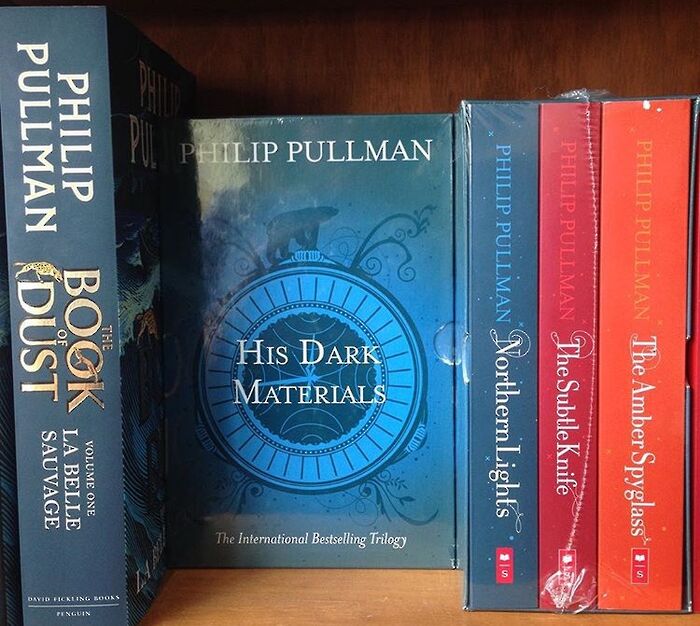Review: Ocean Vuong’s Night Sky with Exit Wounds and the T. S. Eliot Poetry Prize
While Vuong’s Night Sky with Exist Wounds is commendable in many regards, the flawed collection is a “premature win”, argues William Poulos

Ocean Vuong’s win of the 2017 T. S. Eliot prize was announced on January 15th for his debut poetry collection, Night Sky with Exit Wounds. Vuong’s American grandfather abandoned the family soon after their arrival in the United States, but he is a recurrent trope in this collection, and this sense of the autobiographical runs strong. The first poem Thresholds describes the young poet looking at his grandfather through a keyhole, and his search for his grandfather continues throughout other poems.
A search for origin is a theme that is as old as literature, and Vuong engages with the tradition; the second poem, Telemachus, is named after the son of Odysseus who travelled to find his absent grandfather. He finds him dead on the beach, and the short, eventually non-grammatical sentences register the shock: “I touch/his ears. No use. I turn him / Over. To face it.” He then sees his father’s face: “The face / not mine – but one I will wear / to kiss all my lovers good-night.” Here Vuong introduces a secondary but related theme: we love the same way our parents do. He later goes on to remark how we carry our parents’ treatment of us “in the museum of the heart.”
The judges for the T.S. Eliot prize celebrated Vuong’s imagery, which is at its best when describing the American army in Vietnam. In his prose haiku Immigrant Haiburn, a dense grouping of hard consonants and full stops slows the reader and focuses her attention on images of a Vietnamese city after a visit from the U.S. army: “Bombed bakery: broken baguettes. Crushed croissants. Gutted cars. A carousel spinning its blackened horses.” The last image is the most harrowing, forcing you to ask what happened to the children. In Aubade With a Burning City, he contrasts a scene of two lovers with one of bombing and destruction while Irving Berlin’s White Christmas plays in the background. The irregular stanzas are scattered all over the page, like a bomb has exploded within the poem. The shifts from lovers to fighters and back again are as abrupt as jump-cuts but never disorienting, and Vuong shows his talent for imagery: “the chief of police/facedown in a pool of Coca-Cola.” Not only is the comparison to Coke a striking way to describe dried blood on concrete, it also links American capitalism to the death of a man.
“Some of his poetry is very good, but a lot falls flat”
Vuong’s imagery, however, isn’t always successful. In Thanksgiving 2006 a cigarette is “a razor. Sharpened with silence. His jawline etched in smoke.” Once you realise that the jawline must belong to the man holding the cigarette, and not the cigarette itself, you’re still left wondering why it’s a razor, and how silence sharpens it. Perhaps more confusing are the lines from Eurydice: “Depending on where you stand / your name can sound like a full moon / shredded in a dead doe’s pelt.” What does this mean? Vuong has mixed the metaphor so much that it resembles cafeteria gruel and I can’t identify the original ingredients.
When talking about stars Vuong doesn’t mix his metaphors – he shifts them. Although my preference is to treat poems as self-contained entities, the poems in this collection have interesting correspondences: in Immigrant Haiburn Vuong writes of “Stars. Or rather, the drains of heaven – waiting.” In To My Father/To My Unborn Son stars “were always what we knew / they were: the exit wounds / of every / misfired word”. Both statements imply something on the other side of the sky – or someone. The “exit wounds” and “misfired words” create associations with guns and violence. The stars, as the drains of heaven, could also be waiting for God to flow through them and into the world. This collection depicts “god” (always in lowercase) as a disappointment, and in Headfirst a mother says that “you can get lost in every book / but you’ll never forget yourself / the way god forgets / his hands.” To the poet, both God and the father are absent, but the stars remain: the small sparks of hope among the endless dark.
Vuong is only the second poet to win the T. S. Eliot prize with a debut collection. The award has traditionally celebrated poets with large bodies of work; for example, Seamus Heaney won the prize in 2006 with his eleventh collection: District and Circle. Awarding Vuong the T. S. Eliot prize in 2017 is, I think, premature. Some of his poetry is very good, but a lot falls flat. Vuong has the talent to produce great poetry consistently once he develops and becomes more disciplined, but by that time will there be any prizes left for him to win?
 News / Report suggests Cambridge the hardest place to get a first in the country23 January 2026
News / Report suggests Cambridge the hardest place to get a first in the country23 January 2026 Arts / Exploring Cambridge’s modernist architecture20 January 2026
Arts / Exploring Cambridge’s modernist architecture20 January 2026 Comment / The (Dys)functions of student politics at Cambridge19 January 2026
Comment / The (Dys)functions of student politics at Cambridge19 January 2026 Theatre / The ETG’s Comedy of Errors is flawless21 January 2026
Theatre / The ETG’s Comedy of Errors is flawless21 January 2026 News / Write for Varsity this Lent16 January 2026
News / Write for Varsity this Lent16 January 2026










